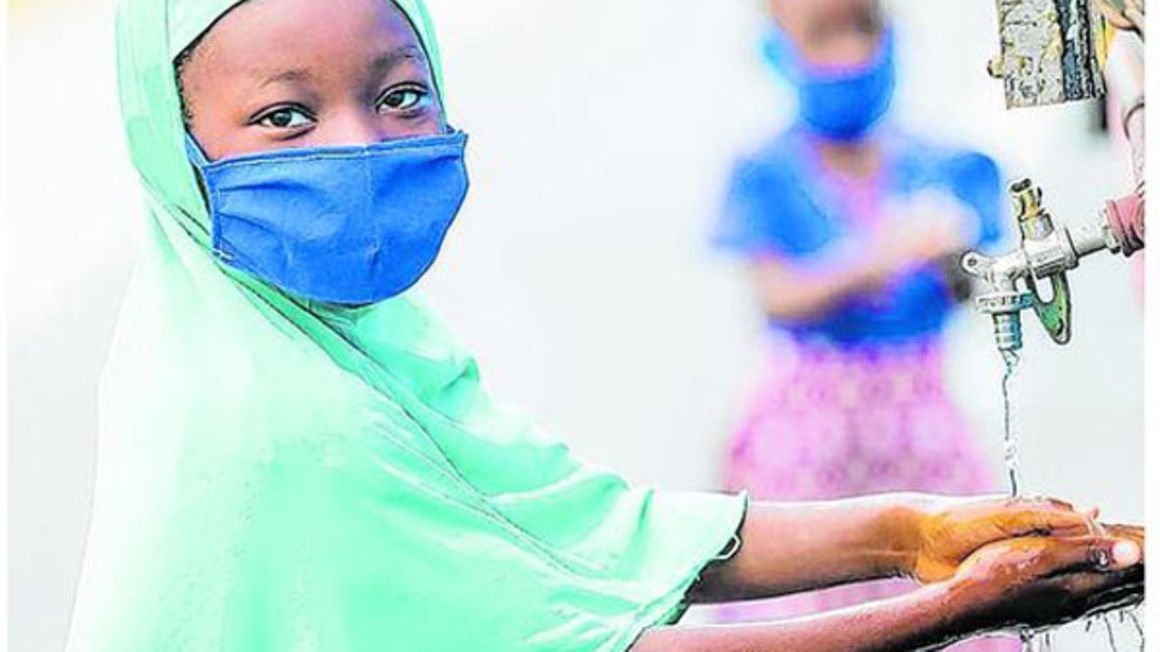Covid-19: Tanzania reopens schools, revises guidelines
As schools re-open across the country today, the government said on Sunday that Tanzania was revising its earlier guidelines on curbing the spread of Covid-19 even as it ponders local manufacture of vaccinations for the novel coronavirus and other diseases.
Apart from revealing that Tanzania will receive its Covid-19 jabs between December 2021 and January 2022, the Health Ministry permanent secretary, Prof Abel Makubi, said the government reached a decision to revise the guidelines after being alarmed by the rapid increase in the number of Covid-19 patients globally.
“The Health Ministry has been closely following the Covid-19 outbreak trend within and outside the country – and found that the number of patients has been increasing in the recent past, signalling the presence of transmissions in our communities,” Prof Makubi told a press conference in Dodoma.
As it is, he said, the government revisited its 2020 Covid-19 preventive guidelines to schools, universities and educational institutions, and made some improvements.
“This guideline is targeting to create a conducive environment at the educational institutions, including universities, primary and secondary schools, nursery schools and day-care centres before students resume classes,” noted Prof Makubi.
To make that happen, the guideline has considered four areas, which are preparation of a conducive environment at educational institutions before resumption of studies, health examination, public transport (to and from school/university) and learning environments.
He said the Education ministry and related ones should ensure that all schools, universities and educational institutions install hand-washing facilities.
In addition to that Prof Makubi said they were supposed to arrange running water in tandem with soap and sanitiser in every classroom, dormitory, office, gate, library, dining hall, toilets and other important areas.
He added that students and teachers needed to be provided with education on what needs to be done to prevent the spread of the pandemic. Guidance and counselling teachers should be provided with capacity building when it comes to issuing physiological aid meant to help students, teachers and other employees at the workplace.
Noting that at least one metre will do, Prof Makubi said that social distancing between a bed and another should be observed.
He added that school and universities’ administrations should ensure students and staff observe physical distance of at least one meter between a person and person wherever they are during lecture.
Schools and universities with large numbers of students have been directed to adopt the shift system.
“The Education ministry should ensure schools and universities prioritise the correct use of masks. Students, teachers, lecturers should put them on at all times,” directed Prof Makubi.
The administration should ensure that masks are readily available. He added that students suspected of having Covid-19 should undergo testing before going back to school and or university.
Furthermore, he said, students who would be confirmed to be Covid-19 positive should remain at home until they recovered.
In addition to that, Prof Makubi said, for suspected students who would be found to have Covid-19 symptoms while at school or University, they should be taken to the nearby health centre for examination and treatment.
For public transport to and from schools and universities, he said owners should ensure that passengers and attendants put on face masks and use sanitisers before embarking and during disembarking.
“On top of wearing masks, owners of school buses should ensure availability of sanitisers in their buses for students to use them during embarking and disembarking,” said Prof Makubi.
Prof Makubi also said the government had started the process of manufacturing Corona 19 vaccine in the country in a mission to cut off the importing costs.
He said the factory would not only manufacture Covid-19 vaccines, but also for other diseases.
“We have a lot of experts. We will make it,” exuded his optimism, Prof Makubi.
He expounded that the government had no plans to sell the vaccine to the public nor allow anyone to import the vaccine against the procedure. When schools re-opened in the country in June 2020 after three months of Covid-19 induced closure, the government issued a strict guideline to help students to protect themselves from the pandemic.
The government instructed schools to install hand-washing facilities and arrange running water.
The schools were also instructed to educate children about safety measures like wearing masks in school assembly and classrooms.
Except for students with underlying health problems, such as diabetes, sickle cell and asthma among others, all students were to wear face masks most of the time.
In a schedule issued for lessons and examinations by the Minister for Education, Science and Technology, Prof Joyce Ndalichako, ordered schools to cover the syllabus within a set time frame.
She also asked schools to add two hours to compensate for the time lost by children during the lockdown period.
While some private schools embarked on virtual learning and online classes, the majority of students in public schools did not have the opportunity to learn during the long holiday.
Apart from closure of schools, the government also banned mass public gatherings. It also encouraged citizens not to leave home for inessential purposes.

